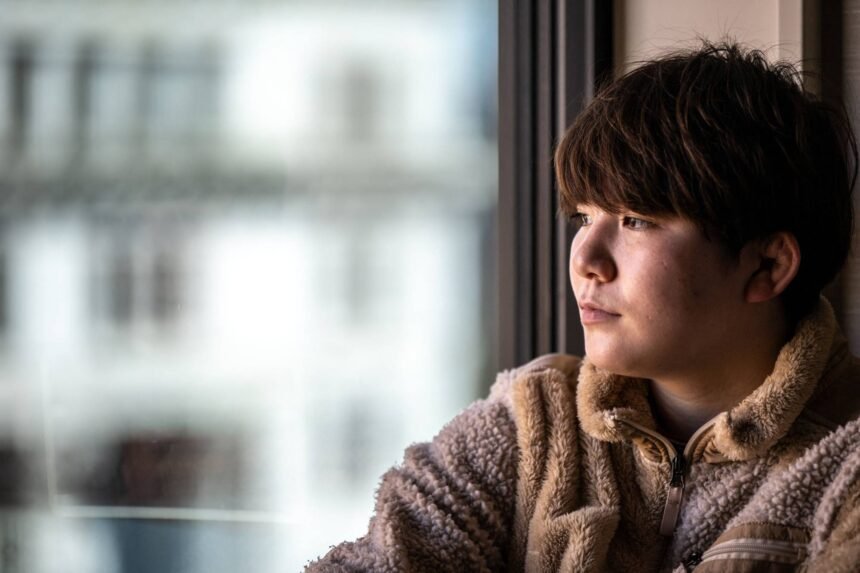In a watershed moment for Japan’s legal landscape, a landmark verdict has been reached in the case of Rina Gonoi, a 24-year-old woman who drew international attention by sharing her story on YouTube in 2022. The Fukushima prosecutors, reversing an earlier decision, brought charges against three men in March, marking a significant step forward in a country where speaking out against sexual violence remains rare and taboo.
Addressing sexual violence in deeply conservative Japan has long been a challenging endeavor. Incidents often go unreported, and the subject has only recently gained national attention, spurred by high-profile cases like Rina Gonoi’s, Shiori Ito’s court battle, and the Johnny Kitagawa expose. The prevailing culture of silence has created an environment where survivors hesitate to come forward, contributing to the perpetuation of such crimes.
Rina Gonoi’s courage in sharing her experience on a public platform like YouTube played a pivotal role in triggering a public outcry and drawing international scrutiny. Her actions not only exposed the flaws in the initial legal response but also inspired a reevaluation of the case by Fukushima prosecutors, leading to charges against the three men.
The recent verdict is the first major ruling on sexual assault in Japan since June, coinciding with the overhaul of the country’s sex crime laws. These legal changes include the redefinition of rape and a raise in the age of consent. The reform came after years of activism, driven by dissatisfaction with previous court rulings that acquitted alleged attackers. Activists argued that the previous laws deterred survivors from speaking up.
More About Sexual Assault:
Rina Gonoi, speaking outside the courtroom, expressed her hope that the ruling would encourage other victims to speak out. The verdict sends a powerful message that such actions will be recognized as crimes, urging accountability and reflection from those responsible. This development is crucial in dismantling the societal barriers that survivors face, fostering an environment where their voices can be heard without fear or stigma.
The verdict has been lauded by human rights organizations and activists, signaling a positive shift in addressing sexual violence in Japan. Kanae Doi, Japan Director at Human Rights Watch, emphasized the significance of the ruling, stating that it demonstrates that the voices of survivors will not go unheard, and accountability for such rights abuses is possible.
While the recent developments represent progress, challenges persist. A 2021 government survey revealed that only about six percent of assault victims, both men and women, reported the incidents to the police. Nearly half of female respondents cited ’embarrassment’ as a reason for not coming forward. This underscores the need for continued efforts to create a supportive environment for survivors and dismantle the cultural barriers that hinder reporting.
The landmark verdict in Rina Gonoi’s case marks a crucial turning point in Japan’s approach to addressing sexual violence. It reflects both legal reforms and shifting societal attitudes, providing hope for a future where survivors can seek justice without fear or shame. However, sustained efforts are required to build on this momentum and create a society where the taboo surrounding sexual assault is eradicated, and survivors are empowered to speak out.











